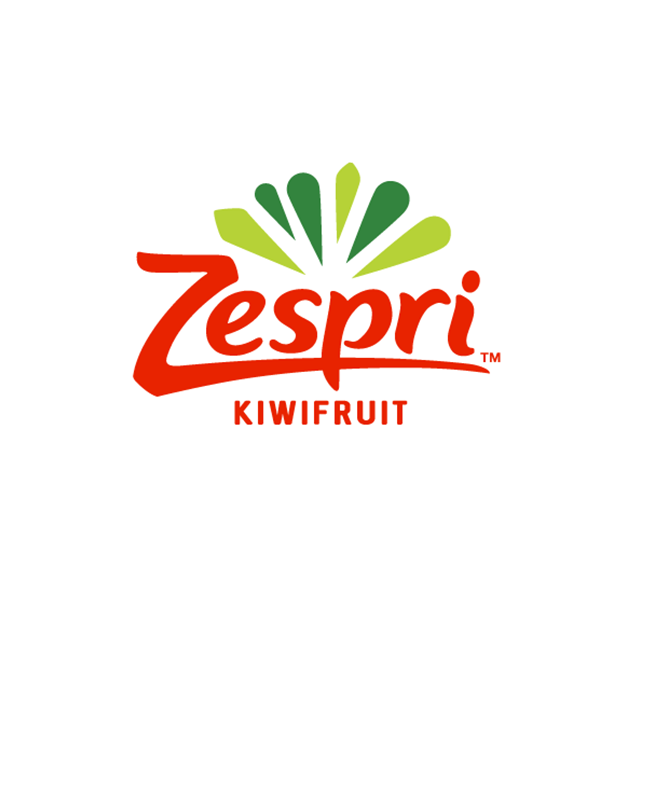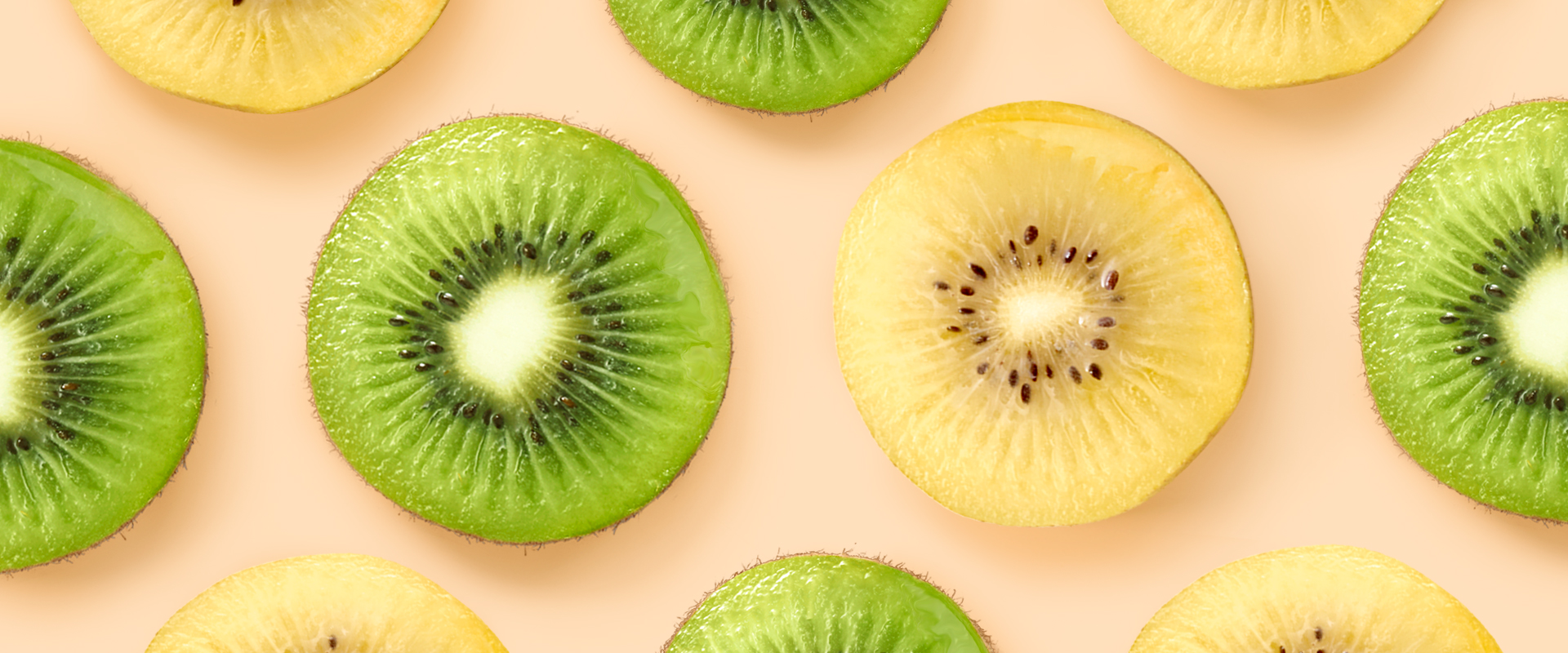Kiwifruit: the natural source of vitamin C to help kick the common cold
-
Zespri SunGold kiwifruit
-
Vitamin C
-
Zespri Green kiwifruit
There is no denying it – cold and flu season is finally upon us! Pharmacies are filled with cold sufferers seeking relief from symptoms, while fearful observers stock up on multivitamins to avoid being next in line. However, there may be an easier and more natural way to kick the common cold.
Vitamin C and your immune system
Vitamin C plays an important role in the proper functioning of your body’s natural defence mechanism by supporting healthy immune cell function.1 In fact, getting enough vitamin C has been shown to reduce the severity and duration of common cold symptoms.3 It is therefore important to make sure that you meet the daily requirements of 80 mg/day (90 mg/day if you are pregnant or breastfeeding)2.
Tip: your body cannot make or store vitamin C, so it must be consumed on a daily basis.
Keep your immune system on point with Zespri kiwifruit
Zespri kiwifruit is one of the most highly concentrated sources of vitamin C, with Zespri Green kiwifruit containing 85 mg per 100 g and Zespri SunGold kiwifruit containing 161 mg per 100 g – that’s up to three times as high as the amount of vitamin C found in oranges! 4,5
What’s more, Zespri kiwifruit is chock-full of other vitamins, minerals and antioxidants, 4,5 which also plays a key role in immune system function.6 This makes Zespri kiwifruit one of the most nutrient rich fruits available!
Zespri kiwifruit: much more than just a snack!
There is no end to the number of ways you can eat Zespri kiwifruit! Browse the recipe collection below to find out how you can use Zespri Green and SunGold kiwifruit to add a vitamin C boost to every course.
- Easy-to-follow smoothie recipes
- Healthy breakfast ideas
- Adventurous bagel and sandwich suggestions
- Tasty and nutritious dinner recipes
- Delicious desserts
Sources
- National Institutes of Health. Vitamin C. Available at: https://ods.od.nih.gov/factsheets/VitaminC-HealthProfessional/ (accessed 4 October 2016)
- European Food Safety Authority. Scientific Opinion on Dietary Reference Values for vitamin C. EFSA Journal 2013;11:3418
- US National Library of Medicine PubMed Health. Vitamin C for preventing and treating the common cold. Available at: https://www.ncbi.nlm.nih.gov/pubmedhealth/PMH0010777/ (accessed 4 October 2016)
- USDA National Nutrient Database for Standard Reference, Release 28 (2015). A
- New Zealand Ministry of Health. New Zealand FOODfiles 2014 Version 01.
- National Institutes of Health. Vitamin E. Available at: https://ods.od.nih.gov/factsheets/VitaminE-Consumer/ (accessed 4 October 2016)






